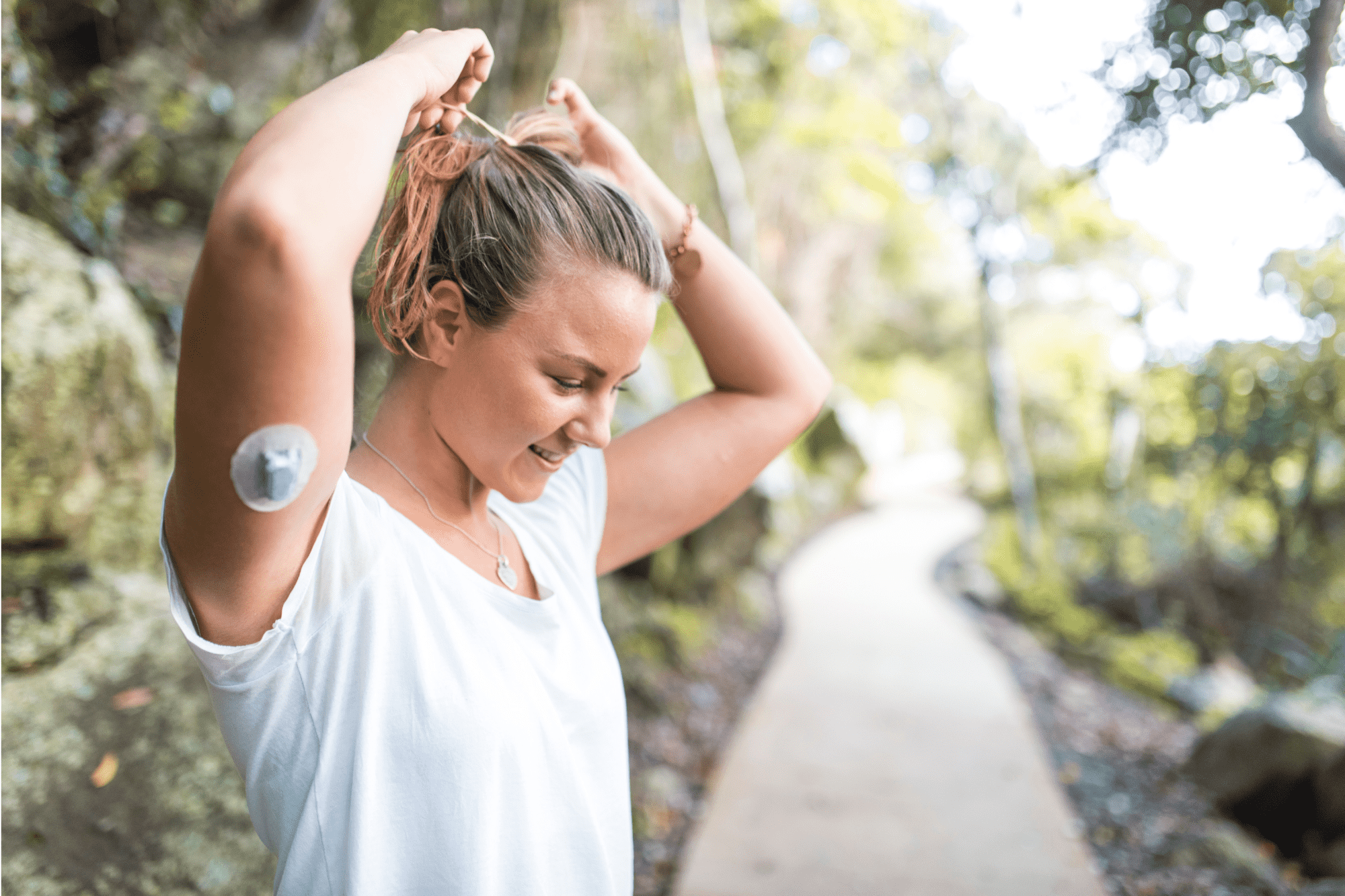Recruitment Closed

This trial is now closed to new participants
Thank you for your interest in this clinical trial. Recruitment for this study has now finished, and we are no longer accepting new participants.
If you’ve already taken part or registered your interest, our team will continue to support you as usual. If you were hoping to join, we understand this may be disappointing — but don’t worry, we regularly run new trials across a range of health conditions.
Please see our current available trials below.
Trials currently available
Cardiovascular Trial
Cardiovascular clinical trialsLiver Disease Trial
Fatty Liver Disease Clinical Trials
Early-Stage Breast Cancer Trial
Early-Stage Breast Cancer Clinical Trial